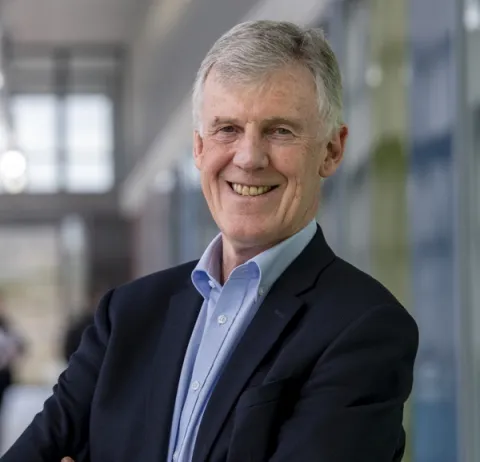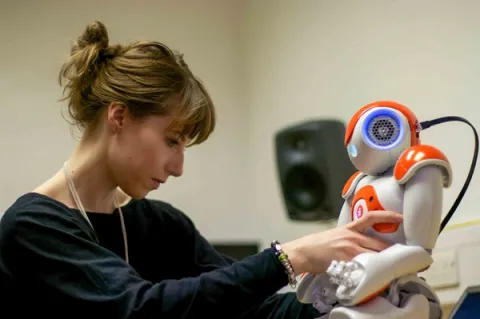About the project
This project focuses on the cutting edge of sound reproduction technology. It is relevant to broadcasting, music production and human computer interaction.
Technology for recording and reproducing sound is changing at an unprecedented pace. Classical stereophony has long been used to give the illusion in a single listener of sound appearing to come from positions between a pair of loudspeakers.
Digital processing of recorded acoustic signals has enabled this illusion to be dramatically extended. It is now possible, using a compact array of loudspeakers, to give the impression in a single listener that sound comes from almost arbitrary positions in space.
You will investigate the extension of these techniques to enable multiple listeners to simultaneously experience “3D sound”. Computational simulations and preliminary experiments suggest that this is possible for at least three listeners and may even be possible for as many as five.
You will aim to establish the practical limitations of the proposed techniques. This will involve:
- computer simulation
- digital signal processing
- subjective experiments
You will use state of the art equipment and world-leading facilities for acoustical measurements at the Institute of Sound and Vibration Research.
This PhD studentship is part of a larger project entitled 'Challenges in Immersive Audio Technology (CIAT) conducted in a collaboration between King’s College London and the Universities of Southampton and Surrey. Other aspects of the project are being undertaken in Electronics and Computer Science at Southampton. This includes the use of machine learning for modelling human sound perception using the University's High Performance Computing (HPC) facility.
Other leading-edge work, including studies of microphone arrays and room acoustic simulation, will be undertaken at King’s College and the Institute of Sound Recording at the University of Surrey.
You will become part of the project team, interact with partner organisations internationally, and learn a wide range of skills that will be highly sought after on completion of your studies.

